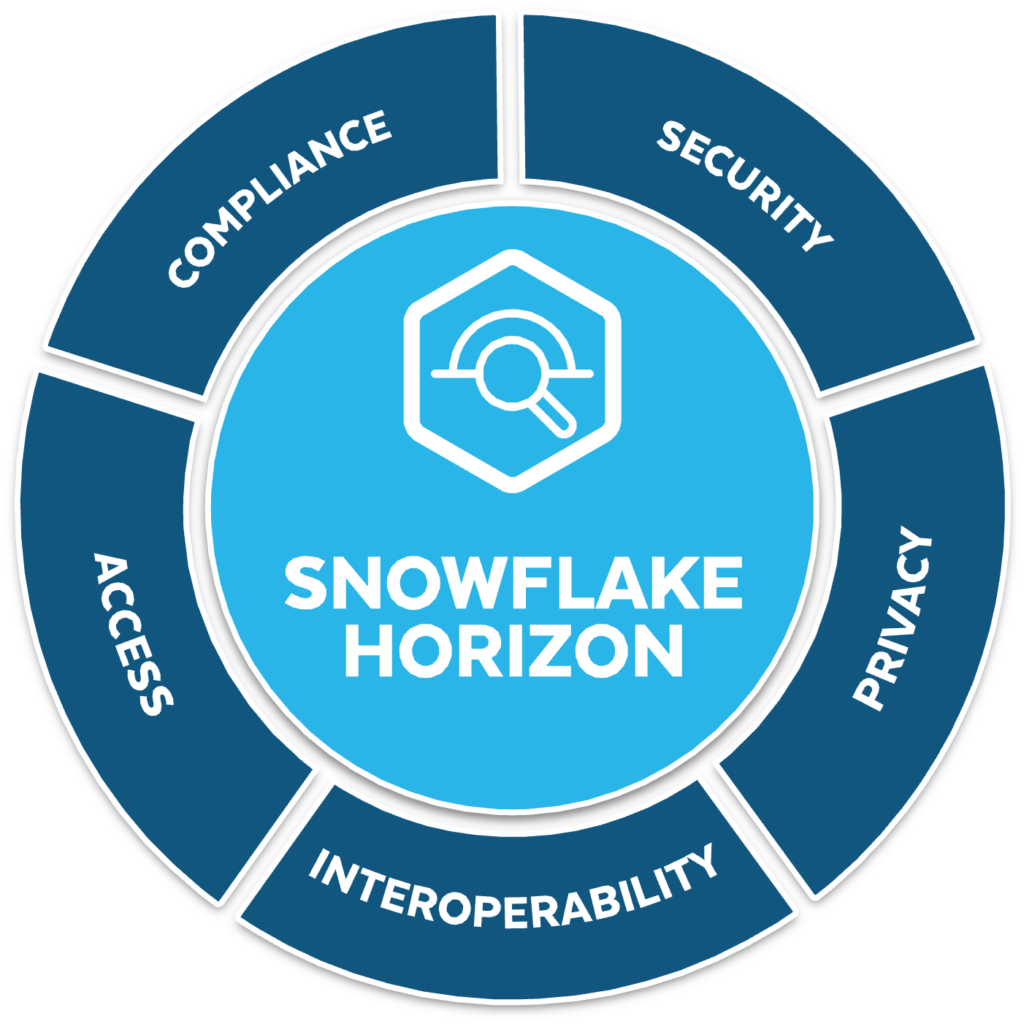Data found virtually anywhere can cause significant data silo issues resulting in lower-quality analysis. Data warehouses, and more specifically data that is compartmentalized and stored in silos, becomes an even larger issue when the data, data scientists, DataOps experts, and data management teams also operate in silos. Data siloing can result in poor crisis responses and has a major impact on the potential value of the data stored. It also impacts other aspects of the organization, including the ability to resolve bugs and define targets. As a result, the total usage of data and processes becomes significantly less productive.
To avoid some of these issues, DataOps provides a means of organizing and leveraging data intelligently and efficiently. This article discusses how organizations can use DataOps as a Service to supplement their data teams and fully leverage the value of their stored data by covering the following topics:
What is DataOps as a Service?
DataOps as a service is a solution offered to clients as a fusion of a multi-cloud big-data or data and analytics platform combined with managed services revolving around the capturing and handling of the data. Its features enable flexible, purpose-made big data platforms that conform to data quality standards in privacy protection, security, and management.
Delivering real-time data analytics is an essential part of what is known as Data Operations as a Service. It shortens the time needed to complete data processing applications and paves the way for improved interaction and collaboration among teams and participants.
Moreover, it is essential to improve transparency by employing DataOps services to make accurate projections on all potential outcomes. In this structure, procedures are developed to be repeatable, emphasizing reusing existing code whenever feasible, all to produce higher data quality.
For a complete overview and background of DataOps, take a look at our comprehensive DataOps Guide.
6 Ways DataOps as a Service Leverages Technology
DataOps is a comparatively recent concept that leverages a wide variety of tools to address the challenges of dealing with incoming data and make that data useful for people who require it.
Software and hardware development support this strategy for analysis and data processing. These systems work in tandem with the progression of DataOps. The objectives, the volume of information, and any other jobs or tools that need to be integrated all play a role in determining the data systems, data services, and DataOps solutions. DataOps technologies in DataOps as a Service offer a wide variety of advantages including:
1. Facilitate More In-Depth Collaborations
Since different industries now understand data, communication between IT and the enterprise has become increasingly important. DataOps tools used by DataOps experts make it possible for the firm to automate data governance processes. In addition, it contributes significantly to the data pipelines by creating key performance indicators for the data life cycle that match the data pipelines. This makes it possible for organizations to develop beneficial applications for the proposed model.
Because a significant percentage of data preparation and analytics development occurs in various locations across the company, it helps bridge the gap between decentralized and centralized production.
2. Quicker Data Processing
The goal of DataOps is to assist businesses to implement a strategy that will enable them to successfully handle and use the ever-increasing data quantities they are generating while shortening the cycle time required for data processing.
The overall data analytics process may be sped up, bringing one much closer to having real-time insights from the data. Because the world is constantly evolving, people must possess the ability to adjust quickly to any changes that take place in the industry. The continuous movement of content and processes from development tools into production is one of the hallmarks of DataOps.
3. Concentrate on More Important Issues
The data team can now focus on the demands and shifts in the industry instantly, thanks to the efficiency gains and more precise data analyses. DataOps enables IT professionals to focus more on enhancing the collaboration, synchronization, and management of data flows across the firm.
Data scientists and data management teams can concentrate on their field of expertise when they are relieved of the weight of bottlenecks. This area of specialization is the creation of new algorithms and analytics that power business development and generate a competitive edge.
4. Identify and Correct any Mistakes Promptly
Output tests can identify improperly processed data and prevent it from being sent further downstream with the assistance of DataOps. Testing guarantees the accuracy and quality of the end product by checking that tasks and the outcomes of secondary phases in the data pipeline meet requirements. This feature ensures that the final product is of high quality and reliability.
5. Adding the Defined touches on Architecture from Beginning to End
Coordinating workflows is crucial in tying data flow together from one level to the next. It contributes to the standardization and operational definitions of the flow in a helpful way. This streamlines the data lifecycle and ensures that data moves efficiently and quickly to ensure greater productivity for the business.
6. Facilitate an Architecture of Data with Multiple Layers
Because data platforms in the modern era are complicated and have various requirements, it is vital to connect the data platform with the business’s goals to support the extensive data processing and consumption requirements.
One of the tested process models is to establish a multi-layered structure, with each layer having its importance and significance, fulfilling a particular purpose and gradually enhancing its value through time. It is also vital to record data assets throughout different stages to assist and draw out the value of the data by allowing data storage exploration efforts.
Benefits of DataOps as a Service
Businesses can expect the following benefits when using DataOps as a Service:
- Reduce the complexity of data analytics processes.
- Processes by automation and derive economic benefits from them.
- It connects businesses in two ways: from the development stage to the operations stage and from locally developed software to centrally developed software.
- Cut down on time spent analyzing, filtering, and entering information.
- It improves the data quality, which in turn enhances the value of that data.
Satori’s DataOps Service
DataOps works to process data more quickly and effectively in short iterations so that businesses have access to all the data they require in real-time, in a specific location, across all sectors.
Satori can create a path for your organization to eliminate data silos by providing just-in-time access to data across multiple databases, warehouses, and lakes. Satori is a DataOps service that is simple to implement and improves security while also increasing productivity.
To Learn More:



